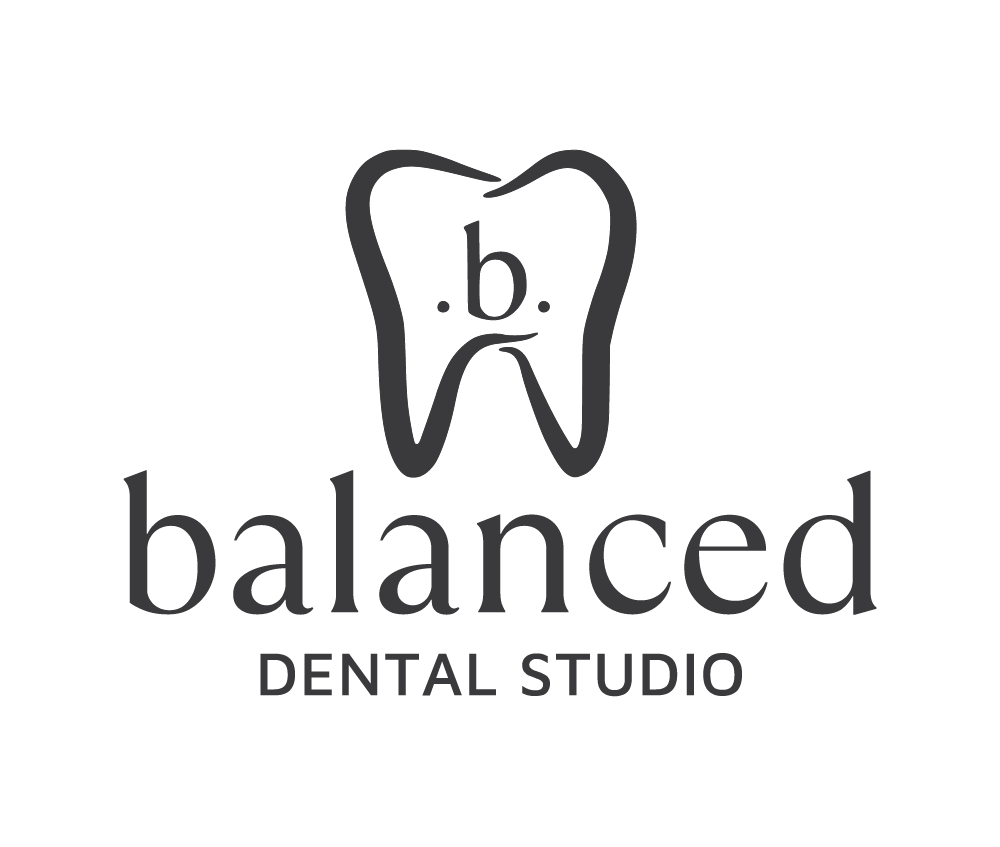Tooth sensitivity isn’t fun. It makes that tasty, summer ice cream treat downright painful! Do you experience sensitivity in your teeth when drinking or eating hot or cold foods and beverages? Here’s why tooth sensitivity occurs, and tips from your Lakewood, CO dentist to get rid of it.
Layers of the Tooth
Let’s take a look at how a tooth is constructed to better understand what can happen to cause tooth sensitivity. The primary reason you feel tooth sensitivity is because the top layer has broken down and the underlying layers are exposed. The tooth is made up of three layers, each with its own purpose, including:
- Enamel: This is the outermost layer of a tooth. It’s the hardest substance in the human body, but the only substance that doesn’t come back once it’s been damaged. Enamel can wear down over time naturally. It can also wear down quicker from things such as acidic or sugary foods.
- Dentin: This is the layer directly beneath the enamel. It’s composed of tiny tubes that are connected with the nerves of a tooth. When this layer is exposed, it starts to send pain and sensitivity signals to the brain.
- Pulp (very center): This layer consists of blood vessels and nerves. When this is exposed or infected, it sends signals of pain to the brain. It can be VERY sensitive if ever exposed.
When the enamel of a tooth is damaged, it begins to expose the other layers of the tooth, which causes various levels of pain. The earlier enamel breakdown is caught, the less likely a tooth is to become infected.
Causes of Enamel Wear-and-tear:
As mentioned before, enamel is the hardest part of the human body. However, it’s prone to wear-and-tear, just as any other component. It is also the only part of the body that can’t repair itself. It’s best to take good care of your enamel. Here are a few things that can expedite the enamel wear-down process:
- Acidic and sugary foods, or poor nutrition: Acidic foods are the worst on your teeth. Although it takes time for enamel to erode, acid speeds up the process quite a bit. Sugary foods, when left on the tooth (by skipping brushing), also expedite the process. The sugars turn to bacteria, which then breaks down the tooth’s enamel.
- Dry mouth (from mouth breathing, age, or autoimmune disease): Breathing through the mouth (rather than through the nose) reduces the amount of saliva in the mouth, which helps wash away bacteria and prevents plaque from forming. We also lose saliva as we age, and there are autoimmune diseases that can reduce saliva too!
- Genetics: Genetics plays a big role in the quality of a person’s enamel. Unfortunately, some people are born with weakened enamel.
- GERD: Stomach acid is highly acidic and eats through enamel quickly.
- Teeth clenching or grinding: This bad habit breaks down enamel over time. Note: Teeth clenching or grinding can be a sign of sleep-disordered breathing.
- Misaligned bite: If the bite isn’t aligned due to various reasons such as TMJ, it can break down the enamel on the teeth that shouldn’t be rubbing up against one another.
- Aging: As much as we don’t like to admit it, enamel wears down over time naturally as we age.
Ways to Prevent or Treat Tooth Sensitivity
Tooth sensitivity is not fun, but thankfully is both treatable and preventable. Here are a few common solutions Lakewood dentists use to treat tooth sensitivity:
- Composite Bonding: Sometimes, Lakewood dentists recommend composite bonding to get rid of tooth sensitivity. Composite bonding covers any surface issues and restores the tooth.
- Veneers or Crowns: Depending on the severity of the enamel loss, dentists may recommend veneers or crowns to cover the affected tooth.
There are also ways to prevent tooth sensitivity from occurring. They are:
- Drinking water after drinking a soda or sugary food.
- Reducing snacking throughout the day.
- Brushing twice a day with a soft-bristled toothbrush and with Hydroxyapatite toothpaste.
- Rinsing with a remineralizing mouthwash.
- Flossing once a day.
- Visiting the dentist twice a year.
When to Schedule an Appointment for Tooth Sensitivity in Lakewood, CO
If you’re ready to enjoy the summer but are struggling with tooth sensitivity in Lakewood, CO, it’s best to schedule an appointment with Dr. Elizabeth Turner here to assess your unique situation.



